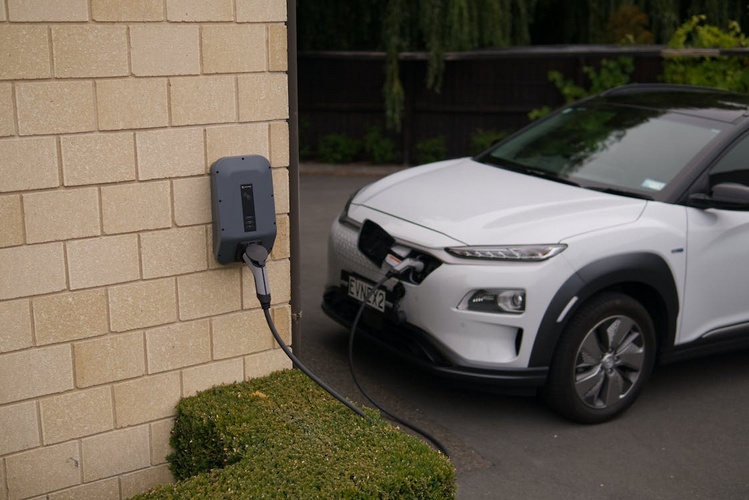November 1 NEC Energy News
¶ “European Parliament Moves To Mandate EVs By 2035” • The EU Parliament agreed to a set of rules that will see an increase in the number of recharging and alternative refueling stations for cars, trucks, trains, and planes. This is part of the “Fit for 55 in 2030 package” which plans to reduce greenhouse gas emissions by at least 55% come 2030. [CleanTechnica]

¶ “PG&E Takes First Big Step To Keep Diablo Canyon Nuclear Power Plant Running” • PG&E took its first big step to keeping Diablo Canyon nuclear power plant operating past 2025. The utility company sent a request to the NRC essentially asking how it should proceed with an application to extend the life of the nuclear plant. [San Luis Obispo Tribune]
¶ “Warsaw, Seoul Ink Deal To Develop Nuclear Power Plant In Poland” • Seoul and Warsaw signed a deal to develop a nuclear power reactor in Poland, the two countries’ ministries have said. Poland’s ZE PAK and PGE will join with Korea Hydro & Nuclear Power to assess building a 1400-MW nuclear reactor in the city of Patnow in central Poland. [WION]
¶ “Industrial Agricultural Needs To Be Replaced By Agroecology – Soon” • The agricultural sector accounts for nearly 25% of all emissions. Agroecology is a method of farming with nature rather than against it, using ecological principles for agricultural systems. The method promotes diversity, resilience, circularity, social values, and cultural practices. [CleanTechnica]

¶ “Power And Water Hit As Grain Ships Call Russian Bluff” • Power and water supplies across Ukraine have been bombed, including the hydroelectric power plant in Zaporizhzhia. Also, twelve ships filled with grain left the country’s Black Sea ports despite Russia’s suspension of an agreement allowing exports to some of the most vulnerable countries. [BBC]
¶ “How Tucson, Arizona Is Facing Up To A 1,200-Year Drought” • Tucson is a desert city where barely 12 inches (30 cm) of rain falls in an average year. Over the past 15 years or so thousands of its residents have turned to rainwater harvesting. They joined the city’s drive to embrace the practice as part of its suite of water conservation initiatives. [BBC]
¶ “Toyota Places Recycled EV Batteries On Grid” • JERA Co and Toyota created the world’s first large-capacity Sweep Energy Storage System using batteries from previously owned EVs. It is now connected to the consumer electrical power grid. They plan to store 100 MWh in grid batteries at JERA’s Yokkaichi Thermal Power Station. [CleanTechnica]
For more news, please visit geoharvey – Daily News about Energy and Climate Change.
